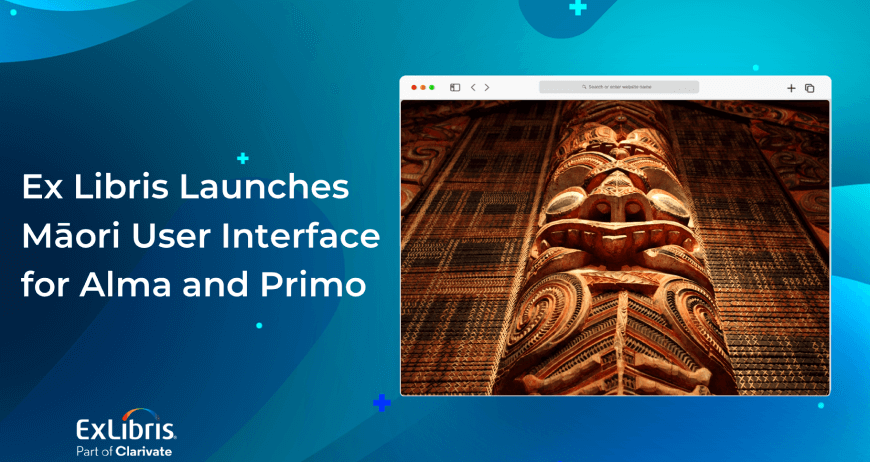Through generative artificial intelligence (AI), a transformational trend has emerged in the realm of discovery experiences: conversational discovery.
Conversational discovery allows users to “chat” with a search engine using natural or everyday language to ask questions and continually refine the answers delivered. This technology can empower users to delve more deeply into topics and more quickly surface critical insights and information, as well as broaden their exploratory process and scope.
As generative AI becomes increasingly available to students and researchers using search engines today – and as this technology becomes standard for students and researchers of tomorrow – navigating the complexities of traditional keyword and Boolean search will likely seem limited, frustrating, and antiquated. The next generation of our future users and students has different expectations of their search and discovery process.
As a result, when a library user is unable apply conversational discovery to library collections and databases to surface valuable, credible resources, it can lead to missed opportunities in research and learning. Whether it’s a student working on a homework assignment or an advanced researcher writing scholarly journal article, the results may not be as thorough, accurate or illuminating as they could be. To retain the engagement of the users of tomorrow, we must adapt and grow.
The Next Discovery Experience from Ex Libris
In response to this revolutionary technology and burgeoning need in higher education, Ex Libris has announced the development of the Next Discovery Experience, one pillar of which addresses these exciting advancements in generative AI.
Continuous and ongoing development is integral to remaining a leading discovery solution for libraries, and our innovation is built upon a solid foundation of more than 15 years of industry experience, diverse and deeply engaged community feedback and high-quality content standards.
Our approach to incorporating generative AI-powered discovery in Primo, based on full-text ProQuest content, into the research and learning process offers convenience to our future users while emphasizing transparency, proper accreditation, and intellectual property rights. By providing immediate answers to natural language queries and offering visibility into sources and references, libraries can empower users with a seamless and trustworthy discovery experience in alignment with institutional scholarly goals.
Unlike traditional internet search engines which don’t factor in the reliability of sources, one of our core values is to ensure the library discovery process is grounded in reliable, trusted, scholarly content produced by trustworthy sources and validated by experienced librarians. This is true for all of our discovery offerings, and especially the conversational discovery feature which is based on full-text ProQuest content.
At Ex Libris, the use of AI technology is always done to solve the real challenges of real users, librarians, and libraries. We respect the need for privacy and intellectual property considerations, and above all, we understand the importance of using trusted scholarly content to generate results and information.
This blog post is the first in our series focused on Ex Libris innovation with AI. Look forward each month to read more about our continued advancements with this technology.
Watch this video to learn more about the Next Discovery Experience from Ex Libris.










